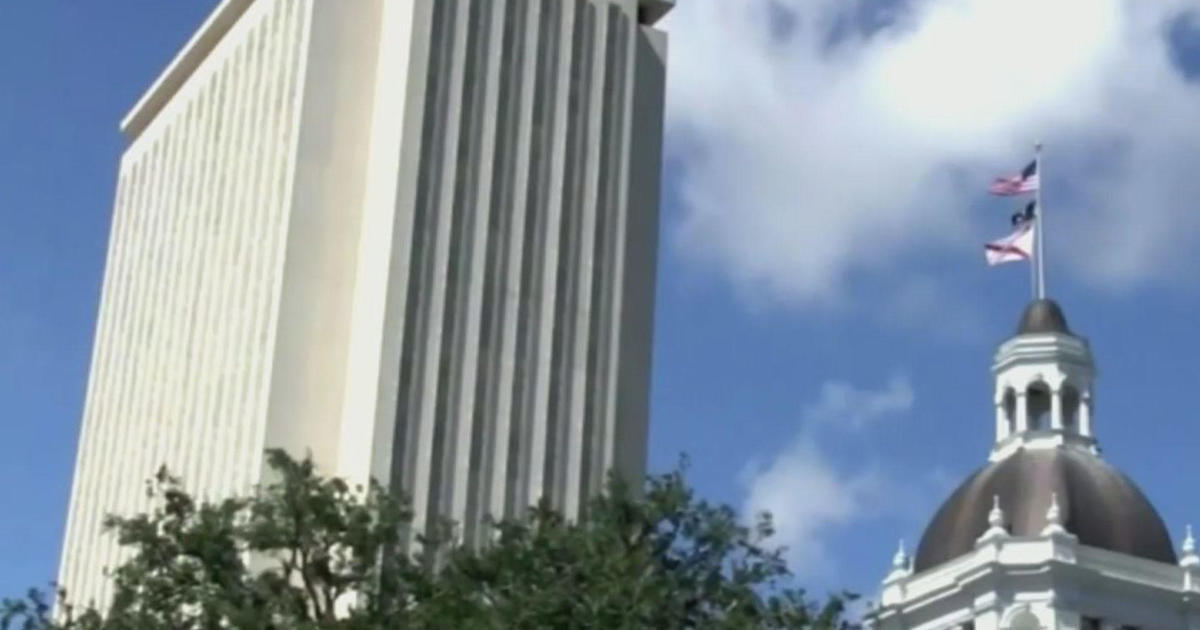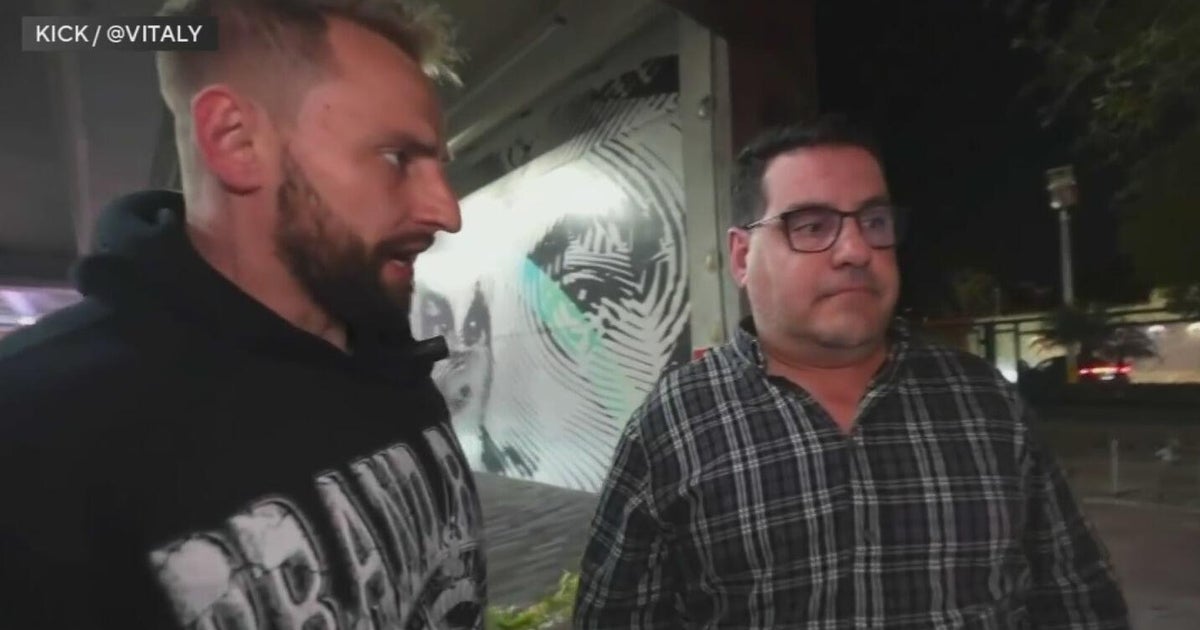TALLAHASSEE – State lawmakers on Monday moved toward temporarily nixing a cap on the selection of students who can take part in a university voucher system for children with disabilities.
The Senate Fiscal Coverage Committee and the Residence Appropriations Committee unanimously authorized identical actions (SB 4-C and HB 3C) aimed at permitting much more pupils to receive state-backed vouchers amid significant desire. The full Property is anticipated to go its version Tuesday, with the entire Senate getting up the situation Wednesday.
Senate sponsor Jay Collins, R-Tampa, reported 8,839 college students are waiting to obtain vouchers in what is known as Household Empowerment Scholarship for Learners with Exclusive Skills application.
“This bill, focused narrowly on what we are hoping to achieve, ensures that we never depart any person driving,” Collins claimed.
Participation in the system was capped at roughly 41,000 college students for this school calendar year. Below the proposals, the participation cap for this yr would be eliminated. The state Division of Training and what are known as scholarship funding companies – nonprofits that administer vouchers for the condition – would determine how several vouchers are offered.
Soon after this faculty calendar year, the application would return to utilizing a formulation for pinpointing highest potential. That formulation requires the in general quantity of “exceptional college student education” pupils.
“Starting with the 2024-2025 school year, the optimum number of college students (in the voucher system) will boost each year by a few % of the remarkable pupil education complete-time equal student membership, not such as gifted learners,” a Senate personnel evaluation of the proposal reported.
The system presents cash that families can use for non-public faculty tuition or on a vary of other purchases, these kinds of as for tutoring services and educational materials. Proponents of the scholarships have touted them as allowing for families to customize students’ educations.
The typical scholarship in the system for learners with disabilities was $9,700 during the earlier school calendar year, about $2,000 additional than the state’s largest voucher software for the broader inhabitants of pupils, in accordance to the Senate workers investigation. Nevertheless, Stage Up for Learners, an firm that administers the vouchers, said on its internet site that the regular Special Qualities software scholarship is $9,900.
Senate President Kathleen Passidomo, R-Naples, and Collins famous Monday that men and women seeking vouchers via the application in the recent 12 months would have till Dec. 15 to utilize.
Republican sponsors explained a $350 million pot of money in this year’s state spending plan is expected to deal with the expense of getting rid of the waiting around listing and funding further vouchers.
Sen. Shevrin Jones, D-Miami Gardens, questioned Collins about how much of that funds could be applied with the modifications.
“How substantially of the $350 million appropriated for the educational stabilization method (the section of the budget) will be made use of to modify the Spouse and children Empowerment Scholarship application?” Jones requested.
Collins claimed the amount of money is not expected to be a “huge portion” of that dollars.
“Just about every condition is one of a kind. It really is heading to be really tricky to inform what these last figures are, but it will be effectively in just people margins,” Collins claimed.
Home sponsor Josie Tomkow, R-Polk Metropolis, likewise explained that the $350 million would be “additional than adequate” to cover the more vouchers.
As lawmakers tackle the problem in the course of a distinctive legislative session this 7 days, operators of educational institutions that participate in the program elevated a further worry Monday.
Some operators have described acquiring late and partial payments from the condition, producing it difficult to proceed offering solutions.
Collins said that as of Sunday, 96 per cent of invoices from universities had been processed “and were being staying worked on.”
Mary Josephine Walsh, founder of the team Florida Coalition for Private Colleges, solid question on that number. Walsh reported she also owns a nonprofit university for small children with autism. She called the payment problems a “urgent difficulty that requires to have light-weight discovered.”
“In buy to retain payroll and operations, I have experienced to consider out quite a few significant-desire loans. I have maxed out my private credit playing cards. I have not been in a position to pay my home home loan or the school’s house loan in two months. And I also have not taken a paycheck in the earlier eight weeks to make sure that my staff members receives compensated. My condition is not isolated,” Walsh instructed senators.




